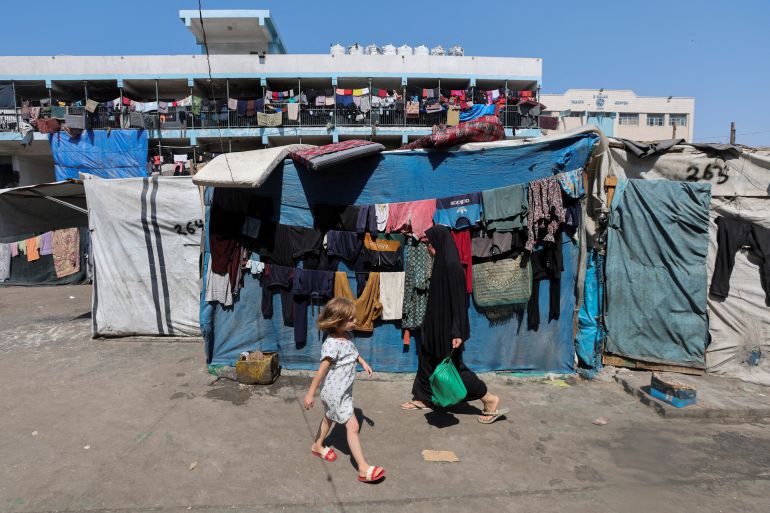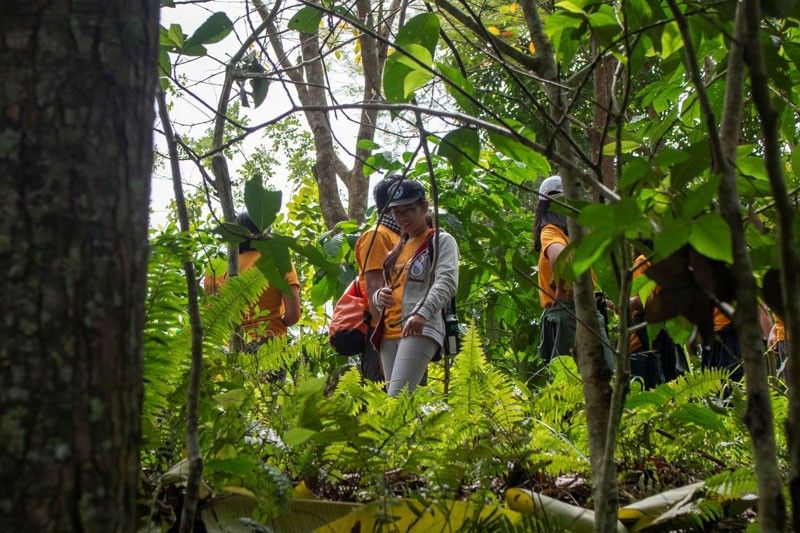Economy

Economy
04 Nov, 2025
Sri Lankan Court Imposes 15-Year Sentence for Elephant Trafficking in Landmark Verdict
Vicenta Abadilla
Sri Lanka's High Court has handed down a 15-year prison sentence to elephant keeper Niraj Roshan for illegally possessing stolen baby elephants and falsifying documentation to legitimize his actions. The ruling, delivered by a three-judge panel in Colombo, also includes a fine equivalent to $68,600 and the confiscation of the elephants.
This landmark judgment comes six years after the case was initially brought to court and marks the first conviction related to elephant trafficking in Sri Lanka. A state prosecutor emphasized the importance of a strong sentence, stating it is necessary to dissuade others from engaging in similar illegal activities.
During the trial, seven other individuals charged were acquitted due to insufficient evidence. When the case was first filed, wildlife experts estimated that approximately 40 baby elephants had been stolen from herds over a span of ten years, with each calf fetching around $125,000 in the illicit market.
The illegal trade had greatly diminished following the change of government in 2015, which implemented stringent crackdowns on wildlife crimes. Nonetheless, some cases were dropped during Gotabaya Rajapaksa's brief presidency beginning in 2019; however, charges against Roshan moved forward.
Rajapaksa himself was known to have kept two baby elephants at his official residence during his tenure in his brother's administration from 2005 to 2015. Among Sri Lanka's elite, owning a baby elephant remains a symbol of prestige, traditionally associated with aristocracy, and such elephants continue to feature prominently in temple festivals.
Conservationists warn that the unlawful trade has contributed significantly to the decline of Sri Lanka's elephant population. The capture often results in the killing of mother elephants, exacerbating the crisis. Further compounding the issue, escalating human-elephant conflicts have led to the deaths of around 400 elephants and 200 people annually over the past five years.
Sri Lanka is home to an estimated 7,000 wild elephants, regarded as a national treasure, symbolizing cultural and religious significance, especially within Buddhism.
This ruling sets a precedent in Sri Lanka's efforts to safeguard its wildlife and combat illegal trafficking, reinforcing the country's environmental laws.
Recommended For You

Humanitarian Crisis Deepens in Gaza as Aid Access Shrinks Amid Escalating Conflict
Nov 04, 2025
Milagros Bituin

One Meralco Foundation Leads Reforestation Efforts in Laguna with Community Partners
Nov 04, 2025
Milagros Bituin

Fuel Prices Set to Rise Again Amid Heightened Geopolitical Tensions
Nov 04, 2025
Vicenta Abadilla

SRA and HPCo Collaborate on Organic Pest Management to Protect Negros Sugarcane Farms
Nov 04, 2025
Vicenta Abadilla
